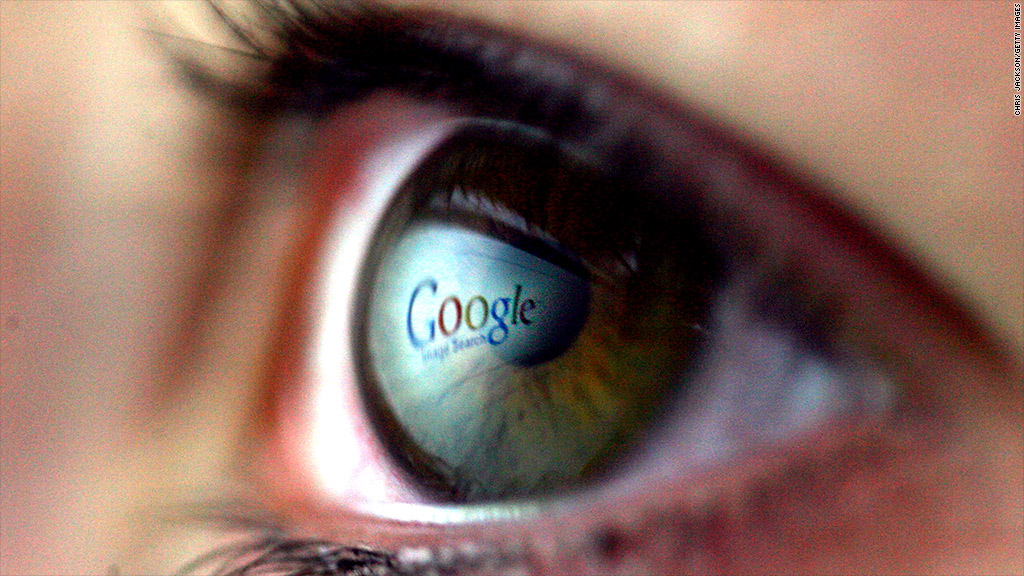
Google has launched a new online form that allows people in Europe to request that links about them be removed from search results if the content is outdated, inappropriate or irrelevant.
The new form has been made available to people in 28 European Union countries and four neighboring nations after the European Union's top court ruled that people have the "right to be forgotten."
The ruling means that search engines like Google (GOOGL) must remove certain unwanted links from search results if requested.
"We will assess each individual request and attempt to balance the privacy rights of the individual with the public's right to know and distribute information," Google says on the form.
A Google spokesperson said the form could be used by Europeans, expats living in Europe and people living abroad who have strong ties to the continent, such as family and business connections. People in Iceland, Liechtenstein, Norway and Switzerland can also apply, even though they're not technically part of the European Union.
Those living outside Europe can make requests using a different form, but Google is not legally obligated to take action or make changes.
In deciding whether content would be removed from its search results, Google said it would consider "whether there's a public interest in the information -- for example, information about financial scams, professional malpractice, criminal convictions, or public conduct of government officials."
At the same time, Google said it would continue refining the online request form.
The company is also creating an advisory committee to review difficult requests and ethical issues. The committee will be headed by Google's chairman, Eric Schmidt, and the company's chief legal officer, David Drummond. Members will reportedly include Wikipedia founder Jimmy Wales.
Related: Google fielding 'take-down requests' after privacy ruling
In mid-May, the European Court of Justice ruled that search engines were responsible for removing certain unwanted links if requested. The decision came as a surprise to the industry and legal experts.
Google is used to handling take-down requests. It has received more than 25 million requests from companies claiming Google results linked to material that infringes on copyrights. Google also receives thousands of requests from governments to take down links. Google complies with fewer than half of the government take-down requests but does not specify its compliance rate for copyright-related requests.
But copyright and many other laws are considerably clearer cut that the test of "relevance to public interest" that Google must now abide by in Europe.

